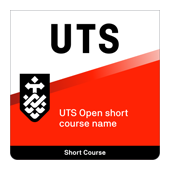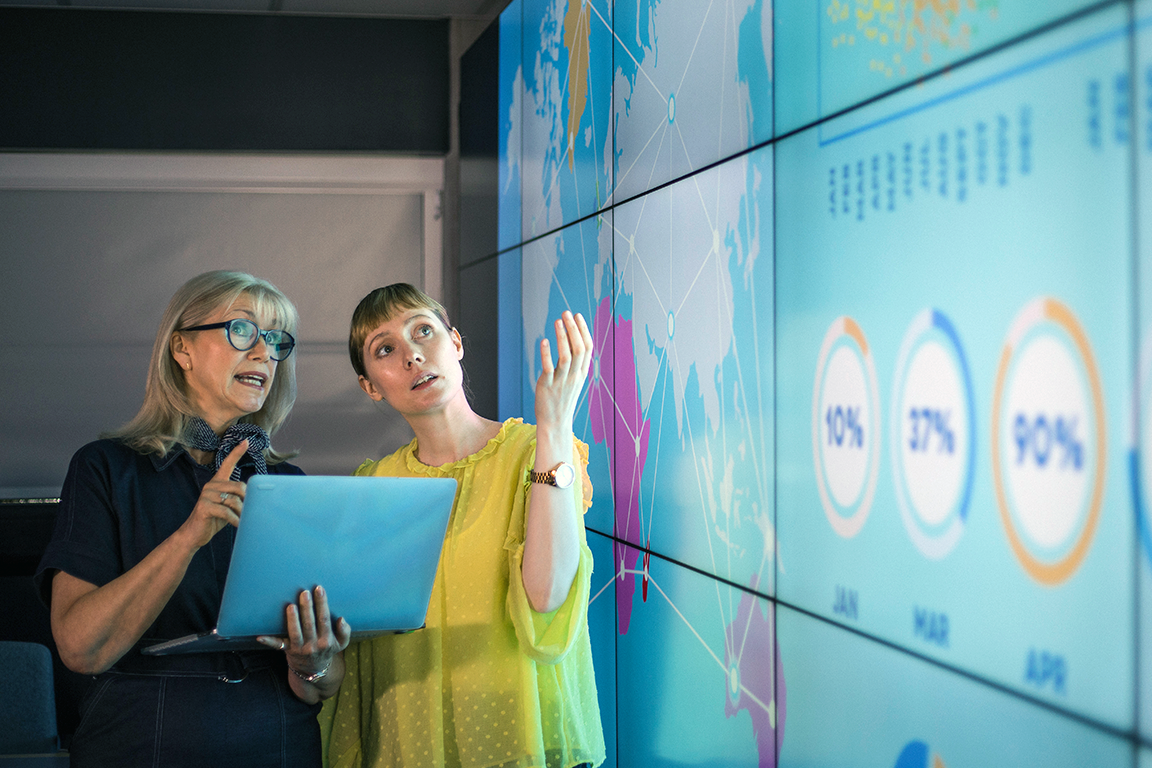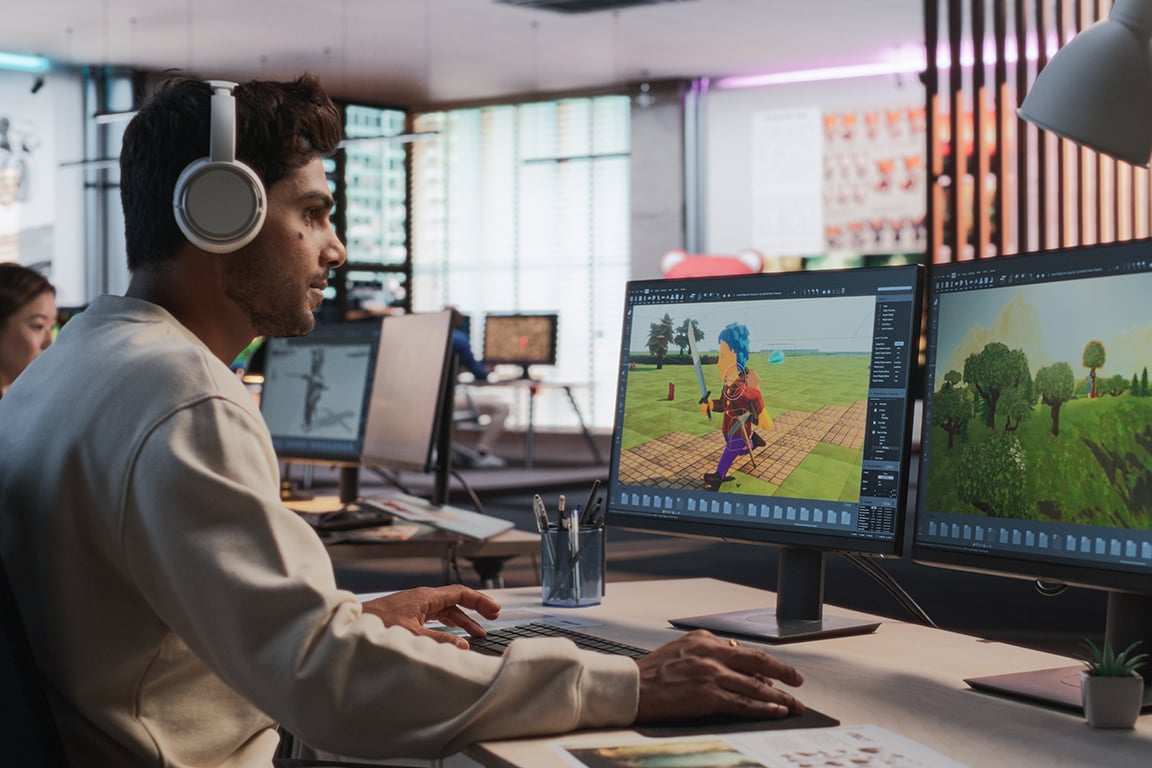This course begins with an overview of Unreal Engine and its graphical interface where participants can discover how to place and move objects in a 3D scene using the Blueprints system.
As the course progresses, we’ll dive deeper into more technical Unreal Engine concepts, including a detailed exploration of the engine’s internal class hierarchy (e.g. Actors, Characters, Pawns, Actor Components, etc), allowing you to create movable objects in the game that respond to user input. We will also touch briefly on visual effects (VFX) and interacting with sound objects in a 3D space, which includes importing Universal Scene Description (USD) files and manipulating assets in them.
The mid‐section of this course is the most exciting stage, as you transition from building simple interactive environments into creating a proper gaming experience. This includes creating game objectives, a User Interface (UI), and building the game on a device.
Towards the end of the course, you will create game objects in C++ and use third-party libraries for a richer gaming experience. The course concludes with an overview of plug‐in creation and the deployment of games on Virtual Reality (VR) systems.

















